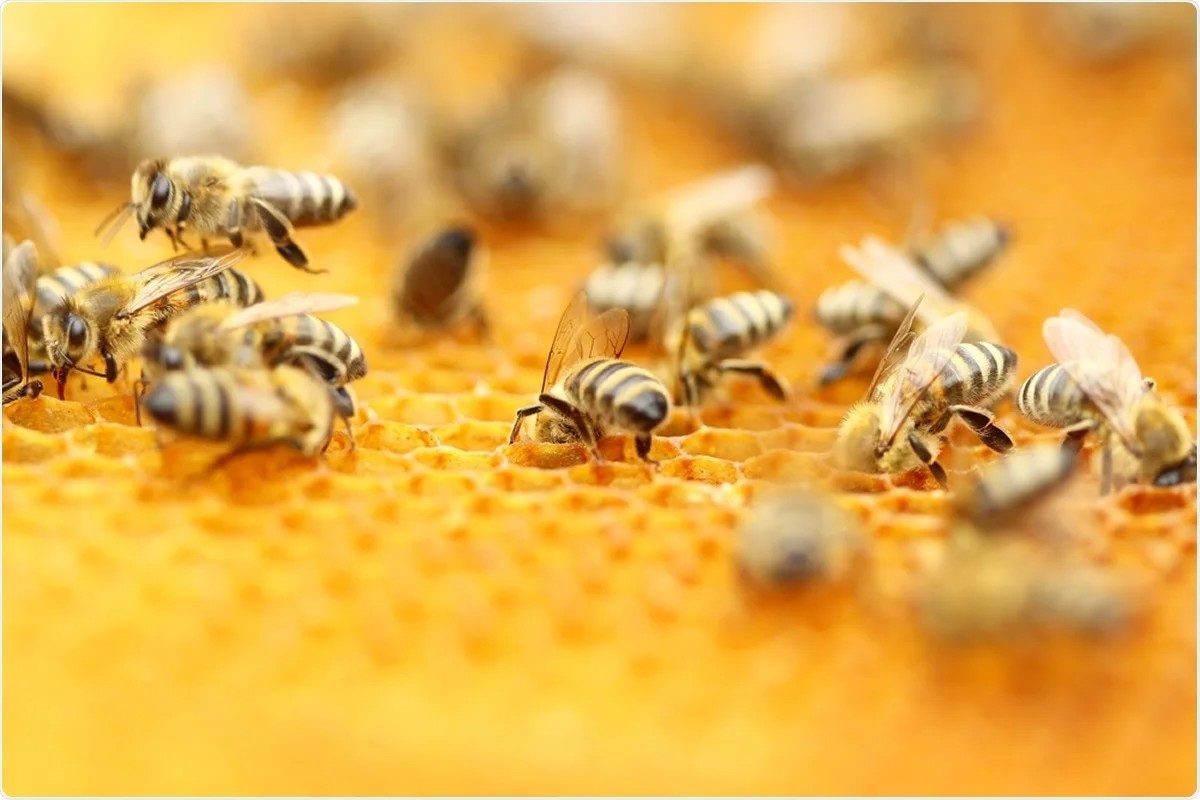- There is a glimmer of hope for those battling breast cancers, thanks to a recent breakthrough in scientific research. Laboratory studies have revealed that melittin, the active component of honeybee venom, has the potential to eliminate a variety of tumours, including those associated with melanoma, lung, ovarian, and pancreatic cancers.
Australian Scientists Find Honeybee Venom Effective Against Deadly Cancers
26 Aug, 2024 03:00 PM

There is a glimmer of hope for those battling breast cancers, thanks to a recent breakthrough in scientific research. Laboratory studies have revealed that melittin, the active component of honeybee venom, has the potential to eliminate a variety of tumours, including those associated with melanoma, lung, ovarian, and pancreatic cancers.
The use of honey, propolis, and venom components derived from the European honeybee Apis mellifera as medicine has been common for thousands of years.
Breast cancer has two most aggressive types, named triple-negative breast cancer and Human epidermal growth factor receptor 2 (HER2-) enriched breast cancers, known to resist the prevailing treatments, are among those examined through the use of melittin.
Scientists at the Harry Perkins Institute of Medical Research in Australia and the University of Western Australia have conducted studies on the effectiveness of melittin in cancer treatment, and the results are good news.
The studies have found honeybee venom and melittin components to kill the two most aggressive cancer types rapidly. The two components have negligible effect on the normal body cells.
Dr Ciara Duffy, who spearheaded the research, says the venom is highly potent.
"We found that melittin can completely destroy cancer cell membranes within 60 minutes," she said.
Melittin, the super component, kills cancer cells within an hour by punching holes in their outer membranes. It also interferes with the flow of chemical messages necessary for the cells' growth and division.
"We looked at how honeybee venom and melittin affect the cancer signalling pathways, the chemical messages that are fundamental for cancer cell growth and reproduction, and we found that these signalling pathways were shut down very quickly," Dr Duffy added.
Scientists affirm that melittin plays a crucial role in exhibiting the activation of receptors that promote the growth factors in the membrane of the cells.
Notably, this is one of the primary reasons that contribute significantly to the rapid and uncontrollable growth of the two most common types of breast cancer cells mentioned above since they have vast numbers of such receptors.
Cancer cell proliferation is halted by preventing these signals that foster their continued growth and multiplication.
Prof. Peter Klinken, the chief scientist of Western Australia, has gladly welcomed the findings.
"This is an incredibly exciting observation that melittin, a major component of honeybee venom, can suppress the growth of deadly breast cancer cells, particularly triple-negative breast cancer," he stated.
"Significantly, this study demonstrates how melittin interferes with signaling pathways within breast cancer cells to reduce cell replication. It provides another wonderful example of where compounds in nature can be used to treat human diseases," he added.
Melittin's effectiveness in killing cancer cells can be increased with a combination therapy. Since melittin creates holes in cell membranes, it necessitates the penetration of the chemotherapy drugs, thus killing the cancer cells.
Honey venom has been found to be relatively cheap and available globally. Exploiting this strategy will reduce chemotherapy sessions, increase their effectiveness on cancer patients, and reduce the cost of treatment.
Establishing the efficacy and safety of incorporating melittin into the treatment of breast cancer is not yet fully approved since more research is still underway.
Leave a comment
No comments yet. Be the first to share your thoughts!
Don't Miss Out
Hot Stories
Latest Stories
Nax Special
✋
Ad
✋
Ad



-1772102940-md.jpg)


-1772090413-1772095461-md.jpg)


-1772102940-sm.jpg)

